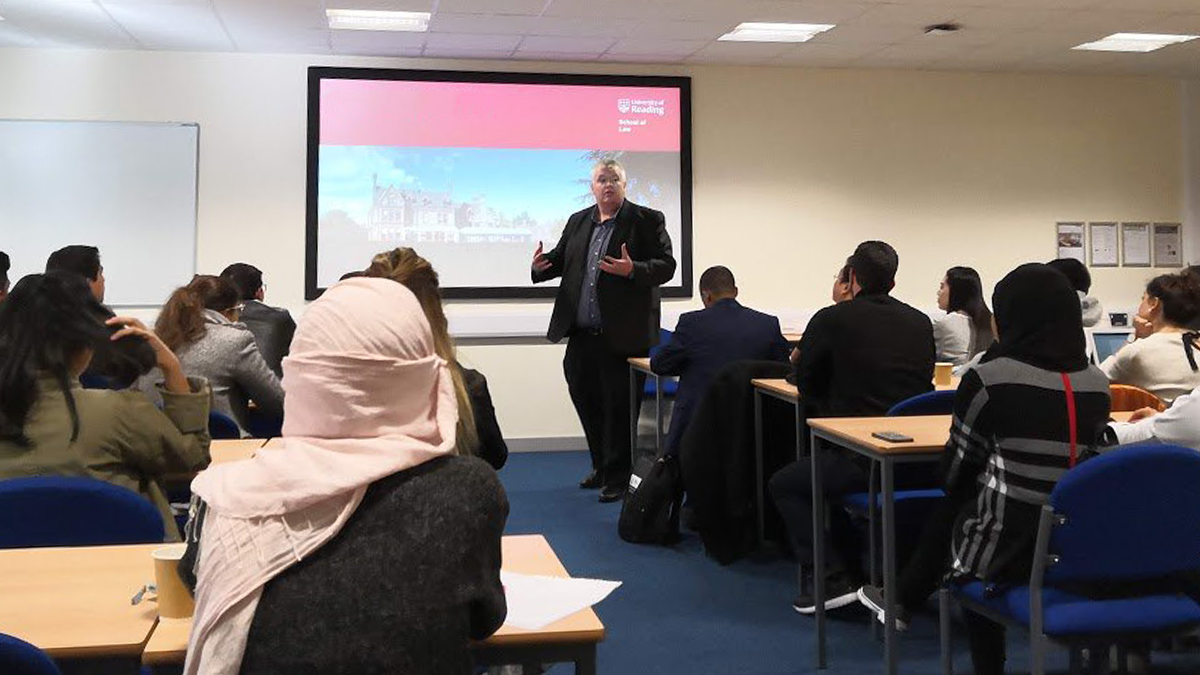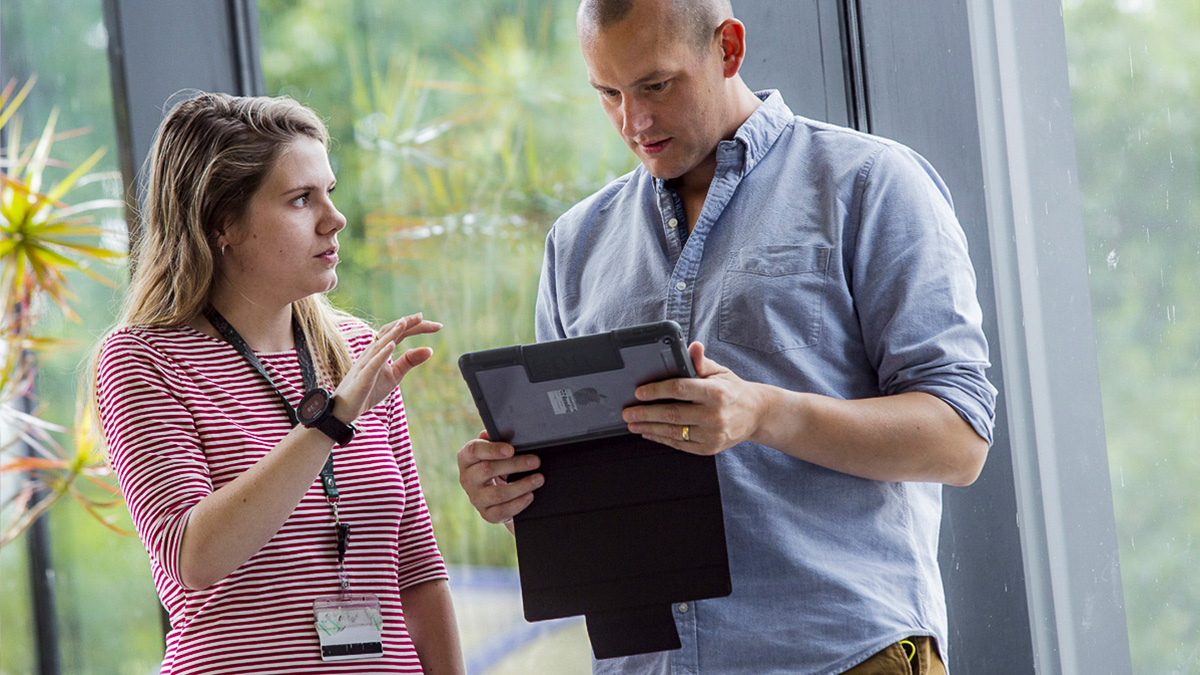The vast majority of the over 100,000 United Nations (UN) uniformed peacekeeping personnel perform their jobs with courage, dedication and professionalism. Yet those who commit sexual offences bring shame on the entire UN system and betray the trust of those that they have been sent to protect.
There is a need for system-wide reform to ensure that such abuses cannot again occur with widespread impunity. Despite recent measures announced by the new UN Secretary-General, attempts to reform the system have been piecemeal and have not addressed a complex problem that requires nuanced and targeted responses.
While there is general agreement at the UN, in member states, and from civil society, about what needs to be done to address the issue of sexual exploitation and abuse by peacekeepers, very few practical solutions have been proposed let alone implemented. A key problem is that the current laws, policies and practices to tackle sexual exploitation and abuse operate across different scales, including at the international level, at the UN level, at the local level where the peacekeeping operation is being carried out, and within the countries that contribute troops to peacekeeping operations. As a result, very few effective solutions have been designed that can address the causes and consequences of peacekeeper sexual exploitation and abuse.
With Sarah Blakemore (CEO of Keeping Children Safe), Rosa Freedman is jointly running the 'Safeguarding Children in Peacekeeping Project' that is conducting research to tackle these issues and to produce a robust, evidence-based solution that can be adapted to be implemented in all peacekeeping entities in a context-specific manner.
The project started in 2016 and is funded by the Arts and Humanities Research Council and the British Academy, and has been undertaken together with the UN and the UK Department for International Development. As a result of this work and her expertise in this field, the UN appointed Rosa as a member of the Secretary-General's Civil Society Advisory Board on preventing sexual exploitation and abuse, and as a specialist adviser on safeguarding to the UK Government's International Development Select Committee.
Find out more about the Safeguarding Children in Peacekeeping project,. Further information, including articles, project reports and videos, can be found in the project resources section.
Find out more about Professor Rosa Freedman


